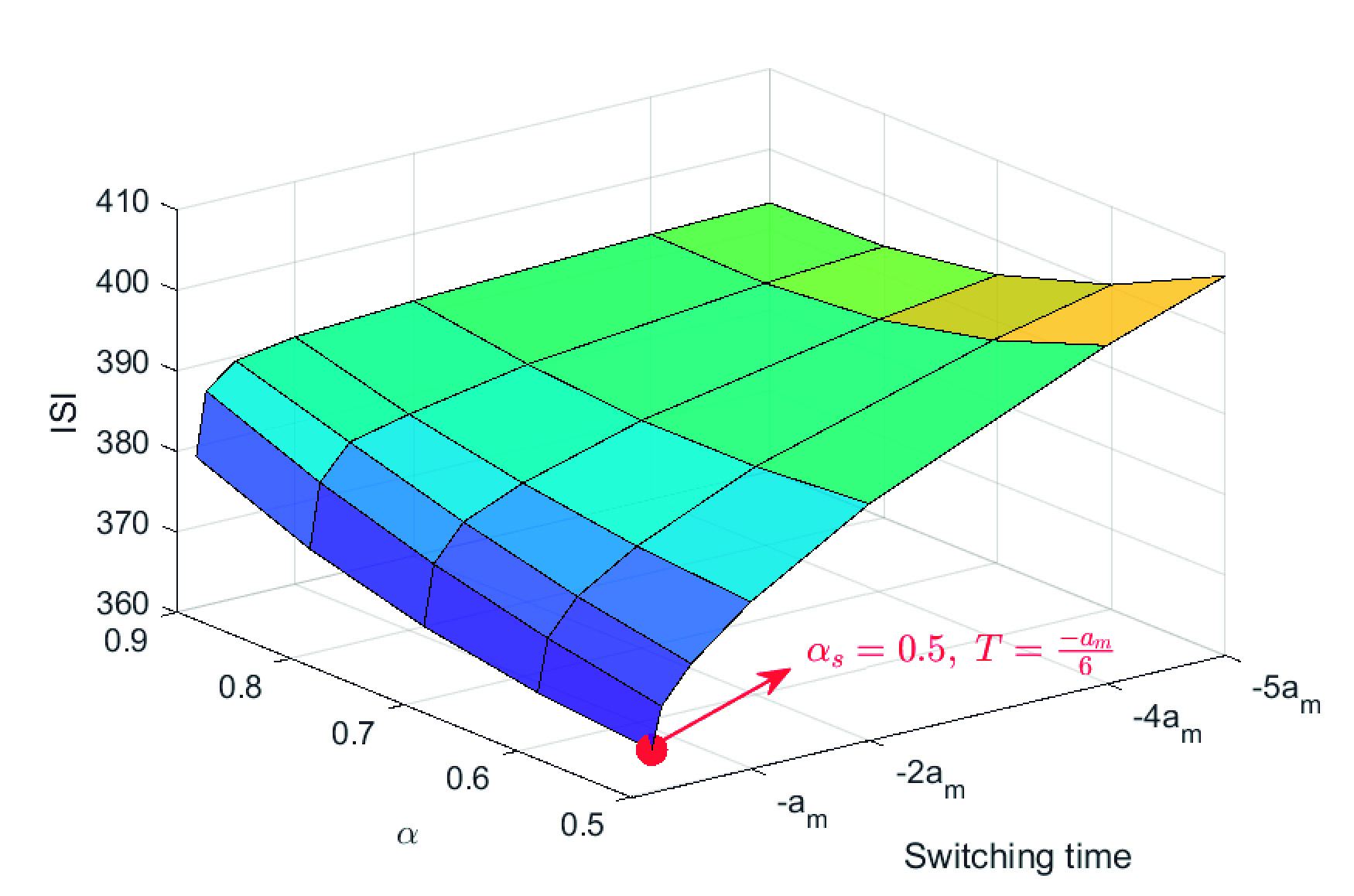THE WORKING HYPOTHESIS
The use of fractional operators in adaptive and non adaptive controllers results in lower control energy with respect to the corresponding equivalent integer order controllers. It is possible to find controllers design and tunning methods,
such that the control energy improvement does not deteriorate other important aspects such as robustness when external disturbances, parameter variations and noise are present.
Don't decrease there goal.
Increase the effort!

GENERAL GOAL
To propose design and tunning procedures for fractional controllers that result in an improvement of the control energy used in the schemes, which will be supported from analytical, simulation and application viewpoints. The procedure will be valid under ideal conditions and also in the presence of external disturbances, noise and time varying parameters.
SPECIFIC GOALS
- To perform a simulation study to analyze the control energy in a control scheme where the plant is described by a first order plus time delay model and the controller corresponds to a FOPID. To that extent, representative plants will be used and the whole spectrum of fractional orders will be tested.
- To perform a simulation study to analyze the control energy in a control scheme where the plant is described by a first order plus time delay model and the controller corresponds to a FOPID. To that extent, representative plants will be used and the whole spectrum of fractional orders will be tested.
- To perform a simulation study to analyze the control energy in a control scheme where the plant is described by a first order plus time delay model and the controller corresponds to a FOPID. To that extent, representative plants will be used and the whole spectrum of fractional orders will be tested.
SPECIFIC GOALS
- To perform a simulation study to analyze the control energy in a control scheme where the plant is described by a first order plus time delay model and the controller corresponds to a FOPID. To that extent, representative plants will be used and the whole spectrum of fractional orders will be tested.
- To perform a simulation study to analyze the control energy in a control scheme where the plant is described by a first order plus time delay model and the controller corresponds to a FOPID. To that extent, representative plants will be used and the whole spectrum of fractional orders will be tested.
- To perform a simulation study to analyze the control energy in a control scheme where the plant is described by a first order plus time delay model and the controller corresponds to a FOPID. To that extent, representative plants will be used and the whole spectrum of fractional orders will be tested.
SPECIFIC GOALS
- To perform a simulation study to analyze the control energy in a control scheme where the plant is described by a first order plus time delay model and the controller corresponds to a FOPID. To that extent, representative plants will be used and the whole spectrum of fractional orders will be tested.
- To perform a simulation study to analyze the control energy in a control scheme where the plant is described by a first order plus time delay model and the controller corresponds to a FOPID. To that extent, representative plants will be used and the whole spectrum of fractional orders will be tested.
- To perform a simulation study to analyze the control energy in a control scheme where the plant is described by a first order plus time delay model and the controller corresponds to a FOPID. To that extent, representative plants will be used and the whole spectrum of fractional orders will be tested.

